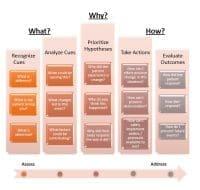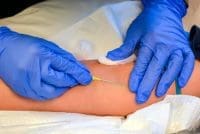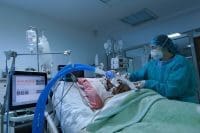Understanding how nurses cope following the death of a patient after CPR may help identify nurses most at risk for postcode stress and posttraumatic stress disorder (PTSD), according to new research published in the American Journal of Critical Care(AJCC).
“Stress and Coping of Critical Care Nurses After Unsuccessful Cardiopulmonary Resuscitation” explores the relationship between postcode stress, PTSD symptom severity and coping behaviors after an unsuccessful attempt to resuscitate a patient.
“Finding ways to minimize distress and improve resiliency not only helps the individual nurse but may also help combat high turnover and vacancy rates for critical care nurses,” said lead author Dawn E. McMeekin, RN, DNP, CNE, advanced clinical education specialist at Baycare Health System, Dunedin, Florida. “These results underscore the importance of maintaining a healthy work environment and nursing workforce.”
When the study was conducted, McMeekin was a DNP student at Frances Payne Bolton School of Nursing at Case Western Reserve University, Cleveland. For the study, she worked with faculty members Ronald L. Hickman Jr., Carol G. Kelley and Sara L. Douglas, who serve as co-authors of the AJCC article.
The researchers conducted an online survey that included the Post-Code Stress Scale, the Brief COPE and the Impact of Event Scale-Revised. A national sample of 490 critical care nurses participated in the study.
The study found that critical care nurses show moderate levels of postcode stress and PTSD symptoms when asked to recall an unsuccessful resuscitation.
Nurses who had institutional debriefing support reported significantly lower postcode stress scores than their colleagues without such support.
Read more at Science Daily


















